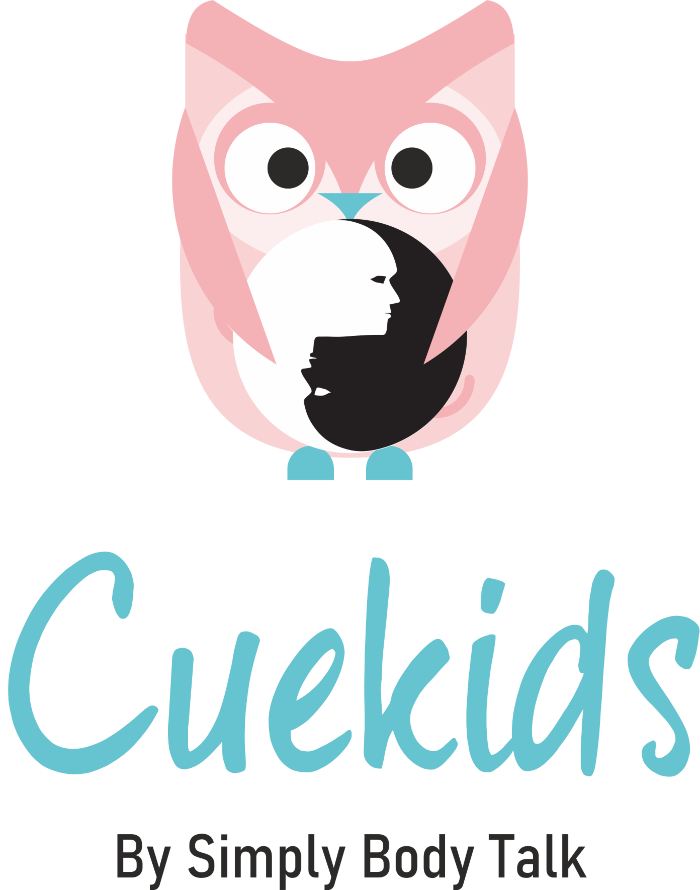A 9-year-old girl, extremely shy and introverted, faced issues with low self-confidence, impacting her ability to engage in social interactions and participate actively in school.
Challenge or Goal:
The parents sought coaching to help their daughter overcome her shyness, build self-confidence, and develop better social skills. They wanted her to feel more comfortable expressing herself and participating in group activities.
Pre-assessment Result:
The initial assessment confirmed the parents’ concerns about their child’s low self-confidence. It also revealed that her introverted nature was compounded by a lack of emotional awareness and a fixed mindset regarding her abilities and potential. The evaluation highlighted how her body language often reflected her hesitations and uncertainties, further affecting her interactions.
Coaching Approach:
The coaching approach focused on emotional development, fostering a growth mindset, and building assertiveness. Techniques included activities to enhance self-awareness, exercises to promote a growth-oriented perspective on challenges, and strategies to improve self-esteem and confidence. The child was also taught how to communicate assertively and express her needs and feelings effectively. Special attention was given to improving her body language to reflect her growing self-assurance, a critical aspect of her personality development.
Know more about CueKids Personal Coaching Programs
Progress and Successes:
The child showed notable progress throughout the coaching sessions. She gradually became more comfortable expressing herself and participating in group activities. Milestones included her ability to articulate her feelings more clearly, display a more positive attitude towards challenges, and engage more confidently in social situations. Breakthrough moments occurred when she started volunteering answers in class and participating in group projects without hesitation.
Obstacles and Setbacks:
There were occasional setbacks, particularly when the child struggled with activities that pushed her out of her comfort zone. These were addressed by adjusting the coaching strategies to include more supportive and confidence-building exercises, ensuring that she felt safe and encouraged to take small steps towards her goals.
Parent Involvement:
Parents were actively involved in the coaching process. They participated in sessions when necessary and implemented recommended strategies at home to reinforce the coaching. Regular updates and feedback exchanges ensured that the coaching approach remained aligned with the child’s needs and progress.
Outcomes and Impact:
The coaching intervention had a profound impact on the child’s life. She exhibited significant improvements in self-esteem and confidence, which translated into better social interactions and increased participation in school activities. Parents reported noticeable changes in behavior, highlighting her newfound willingness to engage with peers and take on challenges with a positive mindset. Informal feedback from the parents included heartwarming moments of their daughter confidently making new friends and actively contributing to group discussions, showcasing the transformative effect of the coaching.






Leave A Comment